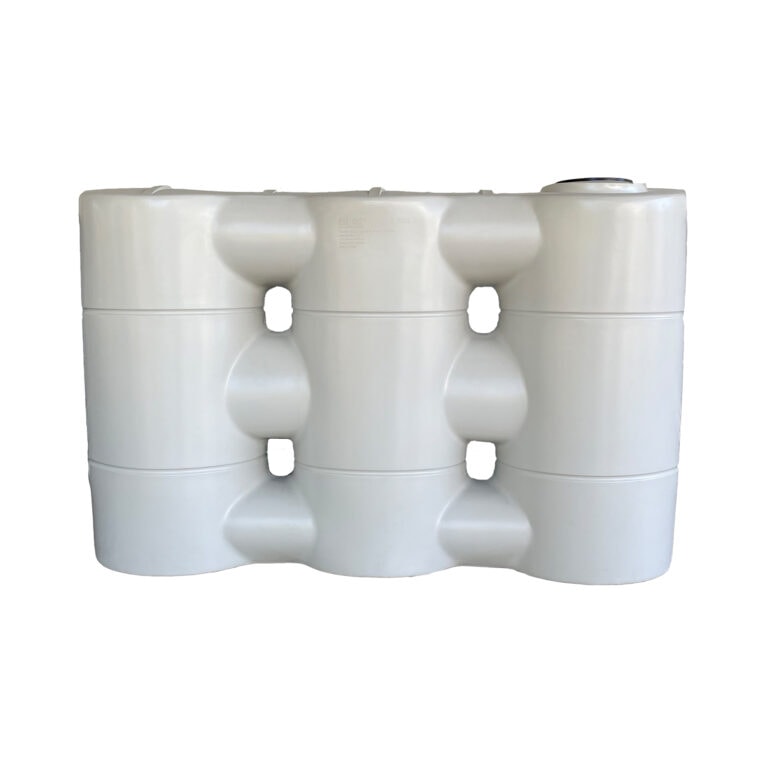Discover the Value of Rainwater Tanks for Sustainable Water Preservation Efforts
In the world of sustainable water conservation, the application of rain storage tanks stands as a critical practice that merits more detailed assessment. The value of rain containers transcends simple storage; it embodies an aggressive approach in the direction of environmental stewardship and resource administration. By exploring the diverse advantages of rain harvesting, a profound understanding of its potential impact on water conservation initiatives arises. With a lens of practicality, ecological consciousness, and communal wellness, the combination of rain containers reveals a tapestry of interconnected benefits that extend far past the surface area.
Benefits of Rainwater Containers
Making use of rainwater tanks provides a useful solution for sustainable water administration by harnessing nature's resources effectively. Rain storage tanks accumulate and store rainwater that falls on rooftops, which can after that be used for numerous non-potable objectives, such as watering, washing garments, flushing toilets, and also for some potable usages with appropriate treatment. Among the key benefits of rainwater containers is the decrease of need on mains water system, especially during dry periods or dry spells.
Ecological Impact of Rainwater Harvesting
Rainwater collecting with making use of storage tanks presents a lasting water monitoring experiment favorable ecological ramifications. By recording rain, this approach helps in reducing the demand for mains supply of water, thereby reducing the problem on water treatment plants and lowering power usage linked with water circulation. Furthermore, rain harvesting help in mitigating city flooding and erosion by lowering the quantity of stormwater overflow. This process also adds to groundwater recharge, which is essential for preserving water levels in wells and springtimes, especially in locations susceptible to drought.
Moreover, rain harvesting advertises water conservation and lowers dependence on finite water resources. In general, the environmental impact of rain harvesting highlights its value in advancing sustainable water administration practices.
Rainwater Storage Tanks for Residential Use
Having actually highlighted the ecological benefits of rainwater harvesting, the emphasis now moves to the functional application of rainwater storage tanks for household water conservation (Slimline water tanks). Rainwater containers play a crucial function in property water management by recording and keeping rainwater that falls on the roofing of a residence. These storage tanks can range in size and material, using home owners adaptability in choosing a system that fits their demands
One of the main advantages of utilizing rain containers in residential setups is the decrease in reliance on mains water. By gathering rainwater for non-potable uses such as sprinkling gardens, cleaning cars, flushing bathrooms, and doing washing, homes can considerably reduce their total water intake and utility bills. Additionally, Get the facts rain is typically devoid of the chemicals discovered in treated water, making it a better selection for certain home tasks.
Moreover, rain harvesting systems can aid reduce city flooding and erosion by decreasing stormwater runoff. By capturing rain in tanks, much less water streams into storm drains pipes, reducing the stress on community water drainage systems throughout heavy rainfall. Overall, integrating rainwater tanks right into property buildings adds to lasting water conservation initiatives and advertises self-sufficiency in water monitoring.

Economic Advantages of Using Rainwater Tanks
The economic advantages related to the implementation of rainwater tanks in domestic and business setups are significant and multifaceted. Among the main financial benefits of using rain containers is the reduction in water bills. By gathering and saving rainwater for numerous non-potable uses such as watering, commode flushing, and laundry, residential property proprietors can considerably lower their reliance on keys water system, leading to significant cost savings in time.
Furthermore, read this post here the setup of rain storage tanks can increase property worth. In today's environmentally conscious market, buildings furnished with lasting attributes like rain harvesting systems are usually much more appealing to prospective purchasers, regulating greater asking price and faster sale times.
Furthermore, rainwater tanks can help companies and property owners mitigate the influence of water constraints and changing water rates. By having an auxiliary water source during droughts or periods of boosted water expenses, people and organizations can better manage their water-related expenses and preserve functional continuity. Overall, the economic advantages of utilizing rainwater tanks make them a sensible investment for long-term cost savings and sustainability.
Community Sustainability With Rainwater Collection
Taking into consideration the more comprehensive influence beyond private advantages, the assimilation of rain collection systems in areas plays a critical role in cultivating ecological sustainability and resource administration. Neighborhood sustainability through rain collection initiatives not just help in lowering the strain on municipal water resources but also helps in reducing the results of urbanization on regional water supply. By mounting rainwater tanks in public structures, parks, and common rooms, neighborhoods can decrease their reliance on central water resources, leading to a more resistant water system during dry spells or emergency situations.
In addition, community-level rain harvesting cultivates a sense of collective responsibility in the direction of water preservation. Ultimately, community sustainability through rain collection not only profits the existing generation yet also makes certain a much more lasting future for generations to come.

Final Thought
